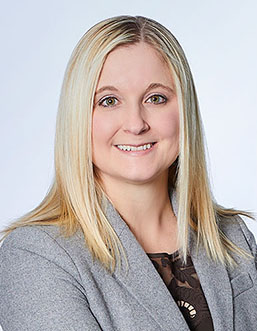When a professional faces a malpractice claim, contacting the insurance carrier can often lead to further feelings of dread or worry. Yet it is critical to timely and accurately report every actual or potential claim, or coverage may be barred.
Most professional liability insurance policies are written on a “claims-made” basis, meaning the policy provides coverage for a claim made within the policy period and not when the event occurs. This means if an accountant makes an error on a tax return, the policy covering the accountant when he or she first learns of the error should provide coverage (even if it is years later), and not the policy the accountant had in place at the time he or she prepared the tax return. Because policies are based upon discovery of claims, timely reporting of claims is especially critical for professional liability policies. Claim reporting is heavily litigated issue on these policies.
The lesson is: report every claim and report it immediately. This mandate covers both actual claims and potential claims. What constitutes an actual claim is straightforward: if because of your professional services a person makes a demand upon you, files a lawsuit against you, files a license complaint against you, or does some other act to let you know he or she is pursuing recovery from you, then you have a claim.
But potential claims are not always straightforward. If a client has made a complaint to you about your services, has maintained he or she incurred some damage because of your services, or has otherwise voiced dissatisfaction with your services in a manner that suggests he or she may seek recovery from you, then you may be facing a potential claim. Both types of claims need to be reported and reported immediately. Thus, the prudent position is to report everything that smells of a claim, even if you have your doubts.
Better to report something that never materializes into a claim than to not report.
Some professionals may be inclined to ignore complaints from clients who were particularly difficult to deal with or whose complaints seem minor. But coverage may be barred under your policy if you do not timely report even the trivial claims or the claims that do not appear to have merit. And no professional wants to be left without insurance coverage, even for the minor claims. Even trivial claims can result in substantial defense costs. And claims generally do not get better with age; what may seem trivial at first may quickly escalate. Getting your insurer and an attorney (if necessary) involved earlier, even with the trivial matters, often results in a better outcome.
Need to report a claim? Most policies will give specific directions on how to do it. If you cannot find specific directions in your insurance policy, contact your insurance broker or carrier to find out the proper reporting procedures.
